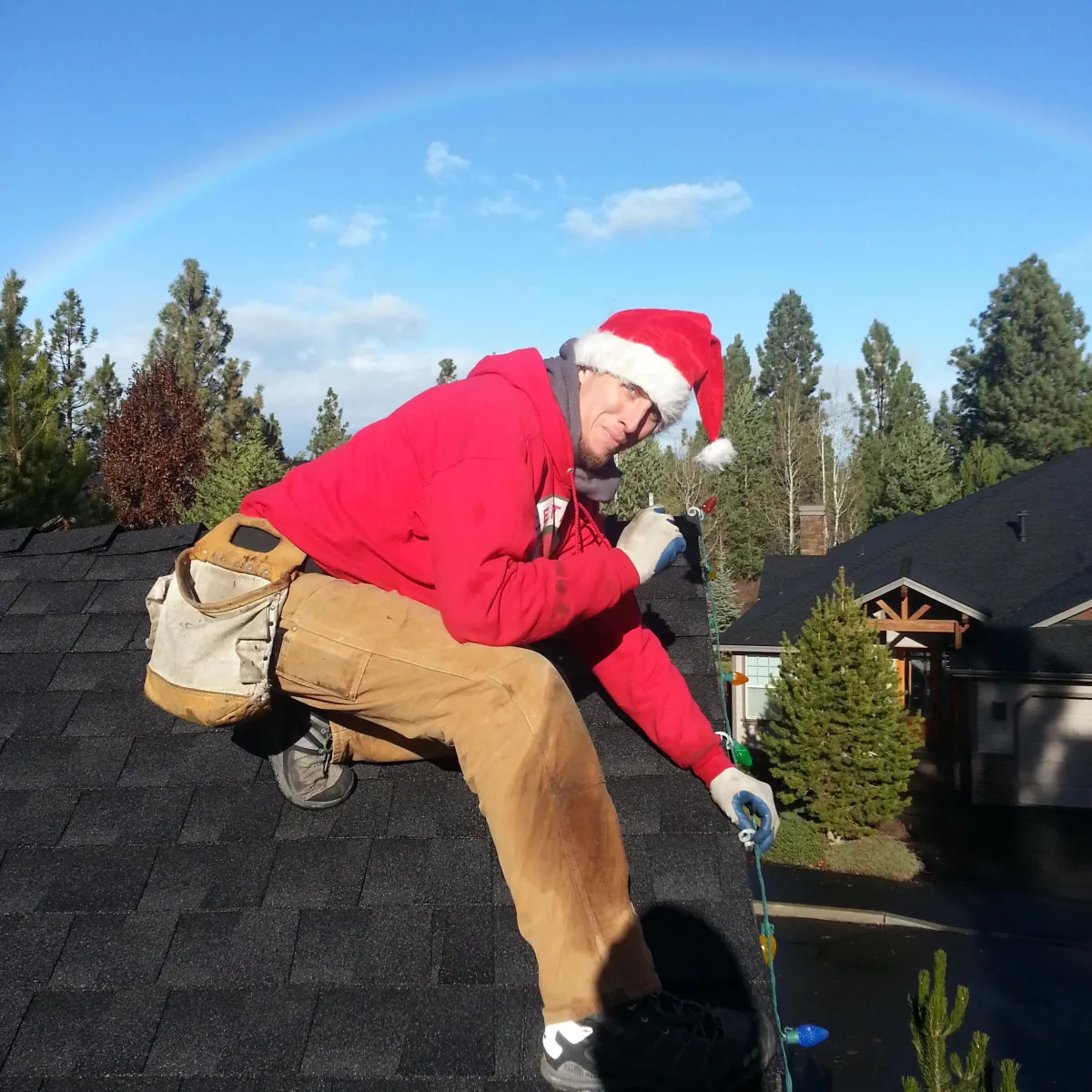
Troubleshooting Common Christmas Light Problems: Keep Your Display Shining Bright
Nothing dampens holiday cheer like malfunctioning Christmas lights. In this guide, we'll tackle common Christmas light problems and offer practical solutions to ensure your festive display remains bright and beautiful. From burned-out bulbs to electrical issues, we've got you covered!
1. Identifying Burned-Out Bulbs
One of the most common issues with Christmas lights is a burned-out bulb. Here's how to identify and replace them:
Spotting the Burned-Out Bulb: If your lights go out, a single bulb might be the culprit. Look for bulbs that are darker or have a blackened appearance.
Using a Light Tester: Invest in a light tester to quickly find the faulty bulb. Simply place the tester against each bulb until you locate the burned-out one.
Replacing the Bulb: Unplug the lights, carefully remove the faulty bulb, and replace it with a new one of the same type and wattage.
2. Fixing Loose Connections
Loose connections can cause sections of your lights to flicker or go out entirely. Here's how to fix them:
Check the Plugs: Ensure all plugs are securely connected to each other and the power source.
Inspect the Sockets: Sometimes, the bulb sockets can become loose. Gently press each bulb to ensure it is securely seated in its socket.
Tighten Loose Wires: If you find any loose wires, carefully tighten them using pliers.
3. Addressing Blown Fuses
Blown fuses are another common problem, especially if you're using older sets of lights. Here's what to do:
Unplug the Lights: Always unplug your lights before attempting to fix any electrical issues.
Open the Fuse Box: Most Christmas light sets have a small fuse box located near the plug. Open it carefully using a small screwdriver.
Replace the Fuse: Remove the blown fuse and replace it with a new one of the same rating. Close the fuse box and plug your lights back in.
4. Managing Overloaded Circuits
Overloading your circuits can lead to your lights not working correctly. To prevent this:
Limit Connections: Avoid connecting more than three sets of lights together. Instead, use multiple outlets or extension cords.
Use LED Lights: LED lights consume less power than traditional incandescent bulbs, reducing the risk of overloading your circuits.
Power Strips with Circuit Breakers: Utilize power strips equipped with circuit breakers to prevent overloads.
5. Dealing with Weather-Related Issues
Outdoor displays are susceptible to weather-related problems. Keep your lights safe with these tips:
Use Weatherproof Lights: Ensure your lights are rated for outdoor use.
Protect Connections: Cover connections with weatherproof covers or electrical tape to prevent moisture from causing shorts.
Secure the Lights: Use clips and hooks to keep lights in place, preventing damage from wind or heavy snow.
6. Resolving Dimming Lights
If your lights are dimming, it could be due to a voltage drop. Here's how to fix it:
Shorter Light Runs: Keep light runs short to maintain consistent voltage. Long runs can cause dimming.
Use Heavier Gauge Wires: Heavier gauge wires can handle higher currents, preventing voltage drops.
Check the Power Source: Ensure your power source is adequate for the number of lights you're using.
7. Preventing Tangles and Knots
Tangled lights are a hassle and can lead to damage. Avoid this with these tips:
Wind Lights Carefully: When putting away your lights, wind them around a spool or piece of cardboard to prevent tangles.
Use Storage Containers: Store your lights in a dedicated container to keep them organized and tangle-free.
Label Your Lights: Label each set of lights with its intended location to make setup easier next year.
At Christmas Lights Factory, we are dedicated to ensuring your holiday season is bright and beautiful. Our extensive range of high-quality Christmas lights includes everything from traditional incandescent bulbs to energy-efficient LEDs, designed to withstand the elements and keep your home shining all season long.
Ready to resolve your Christmas light issues and make your display sparkle? Visit our website to explore our selection of Christmas lights and accessories. Don't wait until the last minute—shop now and ensure your holiday season is your brightest one yet!
By addressing these common Christmas light problems, you'll keep your holiday display shining brightly throughout the season. Remember, regular maintenance and careful storage can prevent many of these issues from occurring in the first place. Happy decorating!


